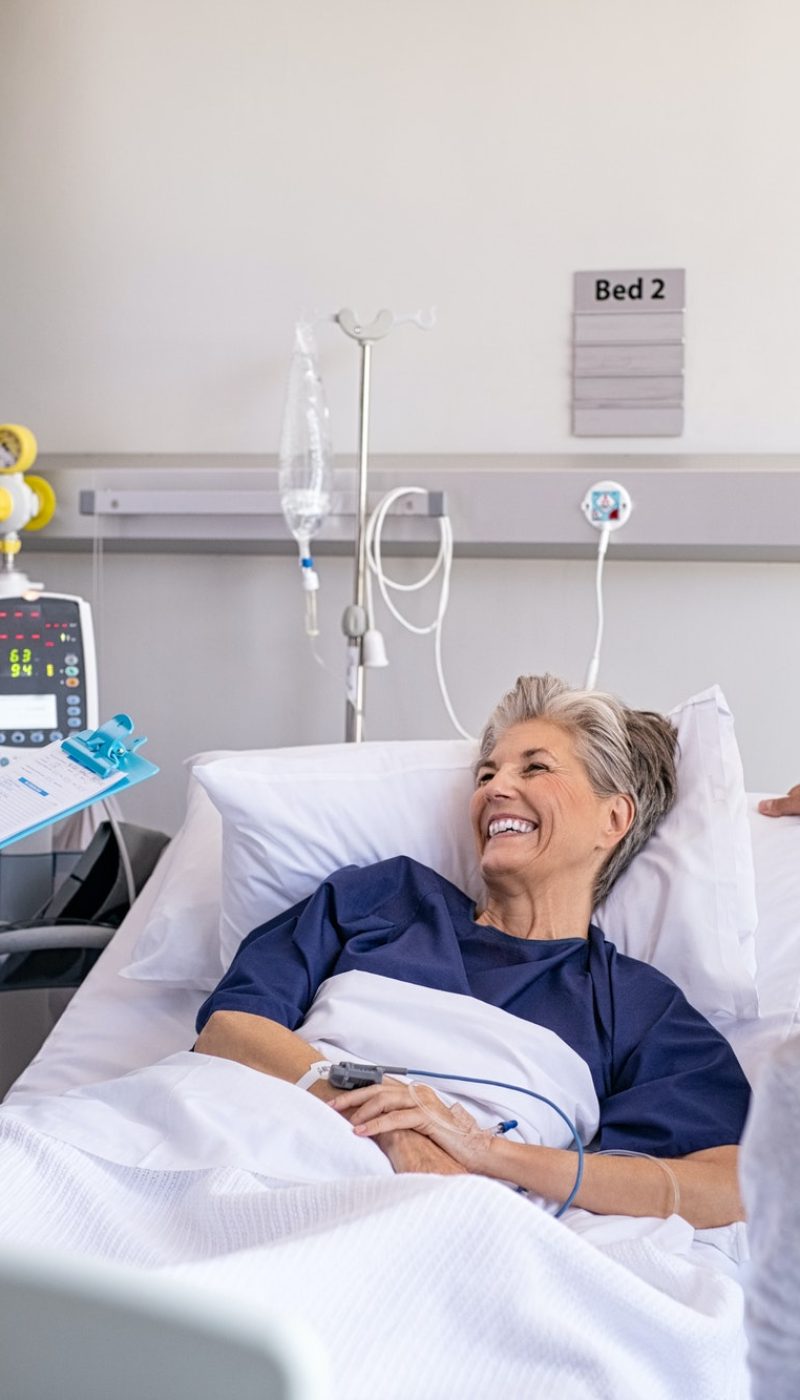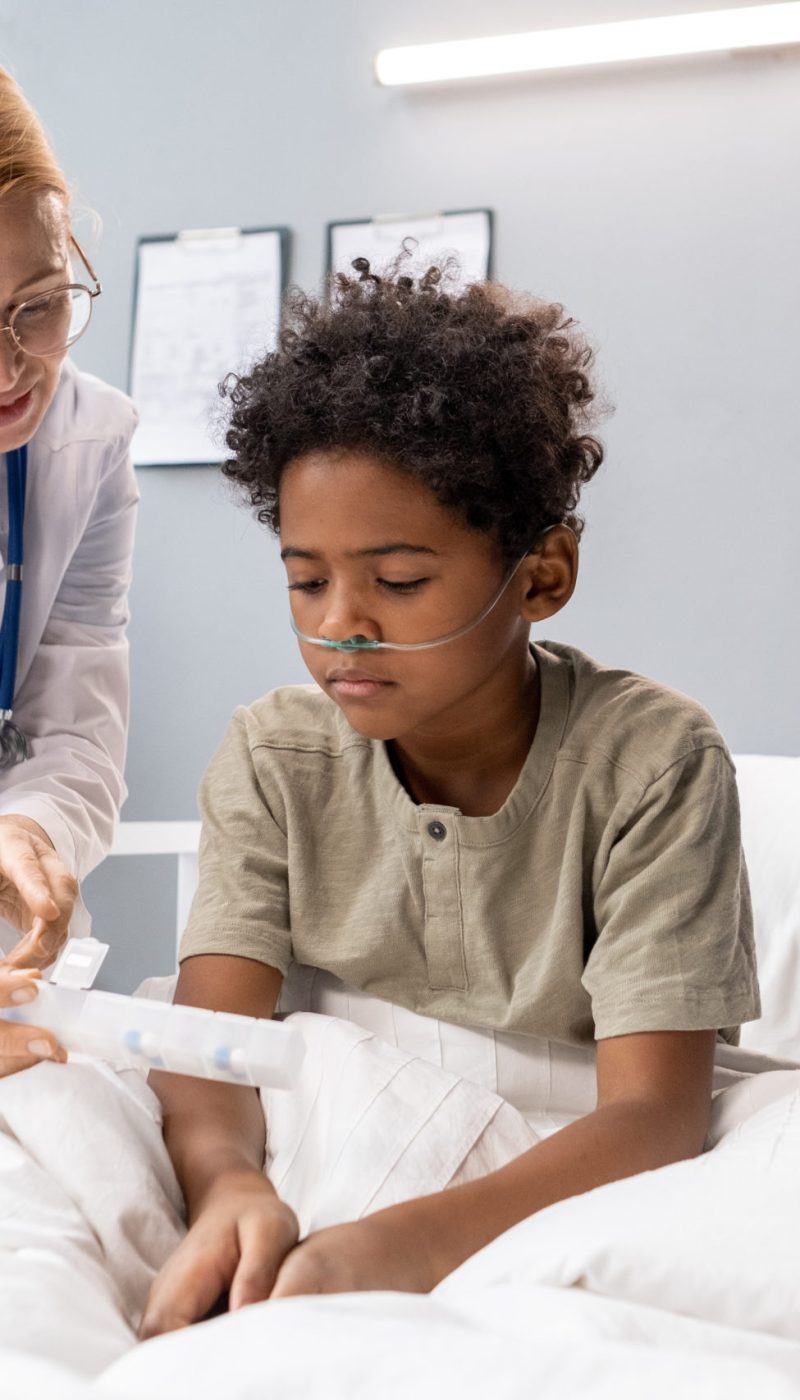Our Program
Overview
The Cost of Climate Change
Climate change is described as “the greatest threat to global health in the 21st century” by the World Health Organization (WHO). Climate change increases risk of cardiopulmonary diseases, infectious disease outbreaks, mental health disorders, and adverse birth defects, exacerbating social inequities by disproportionately impacting vulnerable populations and communities of color. Furthermore, more frequent and severe disasters threaten the infrastructure and financial stability of the health system by crippling supply chains, transportation, and power supplies. Thus, it is vital that we prepare students to work within the era of climate change and re-imagine our health system.




The Gap: What We’re Missing
Our Solution
To our knowledge, there is no comprehensive resource available to medical student and residency programs that (1) guides how to implement an undergraduate medical curriculum on climate and health, (2) provides high-quality and expert-reviewed curricular materials that can be integrated into pre-existing residency curricula, and (3) invites interested trainees to build and share new content.
Health professional schools should train providers who can advance evidence-based linkages between environment and health and who can recognize, prevent, and treat disease caused by environmental disruption CRHE gives trainees a lens by which to examine the connections between climate change, health outcomes, and health system functioning. This repository provides accessible, evidence-based resources for health educators to incorporate CCH into health curricula.


Our Repository
Variety of Resources
LEARNING OBJECTIVES
Expert-reviewed climate change and health learning objectives spanning major organ systems, health systems topics, and humanities.
SLIDE DECKS
Short, standardized slide decks on climate-health topics that can be inserted into existing health curricula infrastructure.
PROBLEM BASED LEARNING CASES
Question sets that include climate change and health themes, adaptable to specific schools, and includes facilitator guides.
Our Repository
Threads That Connect Our Content
Throughout our content we pursue three threads
EQUITY & JUSTICE
PREVENTATIVE MEDICINE
GLOBAL HEALTH
We are actively seeking out partnerships and aim for this program to be a central hub through which we can work together to advance climate change and health education in health curricula. We anticipate that each institution will have different curricular preferences, ranging from standalone workshops to elective courses to longitudinal curriculum integration, and in the next phase of this project, plan to work with institutional stakeholders to facilitate successful integration of curricular resources.


